cost plus contract
Paisley Custom Homes, LLC
2 years ago
Featured Answer
Sort by:Oldest
Comments (33)
User
2 years agolast modified: 2 years agomillworkman
2 years agoRelated Professionals
Lexington Architects & Building Designers · Saint Louis Park Architects & Building Designers · Wauconda Architects & Building Designers · Odenton Home Builders · Albany General Contractors · Berkeley General Contractors · Citrus Heights General Contractors · Clarksville General Contractors · Coos Bay General Contractors · East Riverdale General Contractors · Janesville General Contractors · Reisterstown General Contractors · San Bruno General Contractors · Titusville General Contractors · Warrenville General ContractorsPaisley Custom Homes, LLC
2 years agores2architect
2 years agostrategery
2 years agoWestCoast Hopeful
2 years agoLora P
2 years agolast modified: 2 years agoMichael
2 years agoWestCoast Hopeful
2 years agoJeffrey R. Grenz, General Contractor
2 years agoPaisley Custom Homes, LLC thanked Jeffrey R. Grenz, General ContractorLora P
2 years ago2rickies
2 years agoLora P
2 years agostrategery
2 years ago2rickies
2 years agoWestCoast Hopeful
2 years ago2rickies
2 years agoUser
2 years agolast modified: 2 years agoCharles Ross Homes
2 years agobry911
2 years agochispa
2 years agolast modified: 2 years agobry911
2 years agolast modified: 2 years agoWestCoast Hopeful
2 years agobry911
2 years agoWestCoast Hopeful
2 years agobry911
2 years agolast modified: 2 years agoWestCoast Hopeful
2 years agospec
2 years ago2rickies
2 years ago
Related Stories
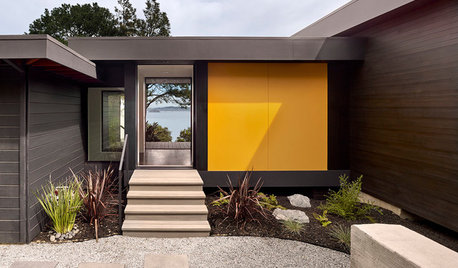
BUDGETING YOUR PROJECTConstruction Contracts: What to Know About Estimates vs. Bids
Understanding how contractors bill for services can help you keep costs down and your project on track
Full Story
CONTRACTOR TIPSWhat to Look for in a Contractor's Contract
10 basic ingredients for a contract will help pave the way to remodel happiness
Full Story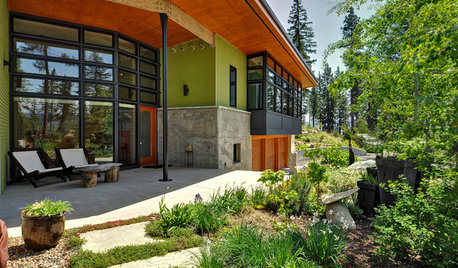
BUDGETING YOUR PROJECTConstruction Contracts: What Are General Conditions?
Here’s what you should know about these behind-the-scenes costs and why your contractor bills for them
Full Story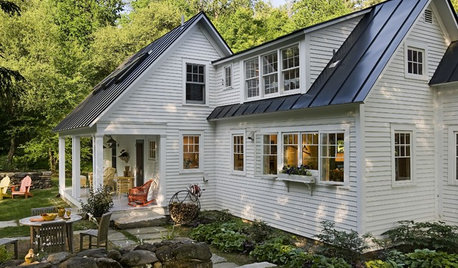
DESIGN PRACTICEContracting Practice: Marketing Your Business
To keep those projects rolling in, combine old-school techniques with the latest in high-tech networking
Full Story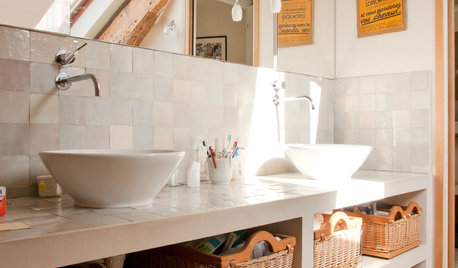
WORKING WITH PROSConstruction Contracts: How to Understand What You Are Buying
Learn how plans, scope of work and specifications define the work to be completed
Full Story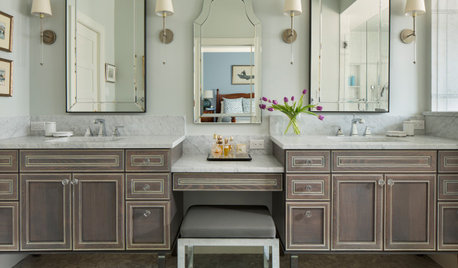
WORKING WITH PROSHow Much Does It Cost to Hire a General Contractor?
General contractors may charge for pre-construction services and offer fixed-price or cost-plus construction contracts
Full Story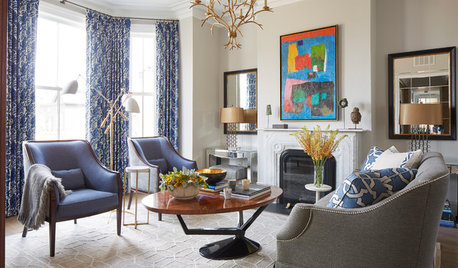
WORKING WITH PROSHow Much Does It Cost to Hire an Interior Designer?
Interior designers may charge hourly rates, flat fees, cost-plus or a combination. Here’s what that means for you
Full Story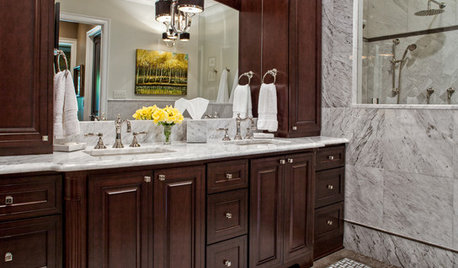
REMODELING GUIDESBathroom Workbook: How Much Does a Bathroom Remodel Cost?
Learn what features to expect for $3,000 to $100,000-plus, to help you plan your bathroom remodel
Full Story
ARCHITECTUREDesign Practice: Getting Paid
Pro to pro: Learn how to manage contracts and set up the right fee structure for your work
Full Story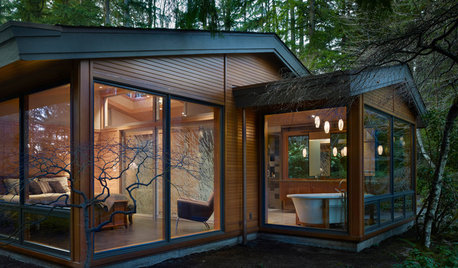
WORKING WITH PROS10 Things Architects Want You to Know About What They Do
Learn about costs, considerations and surprising things architects do — plus the quick route to pinning down their style
Full StorySponsored
Central Ohio's Trusted Home Remodeler Specializing in Kitchens & Baths
More Discussions







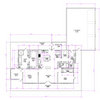
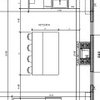
WestCoast Hopeful